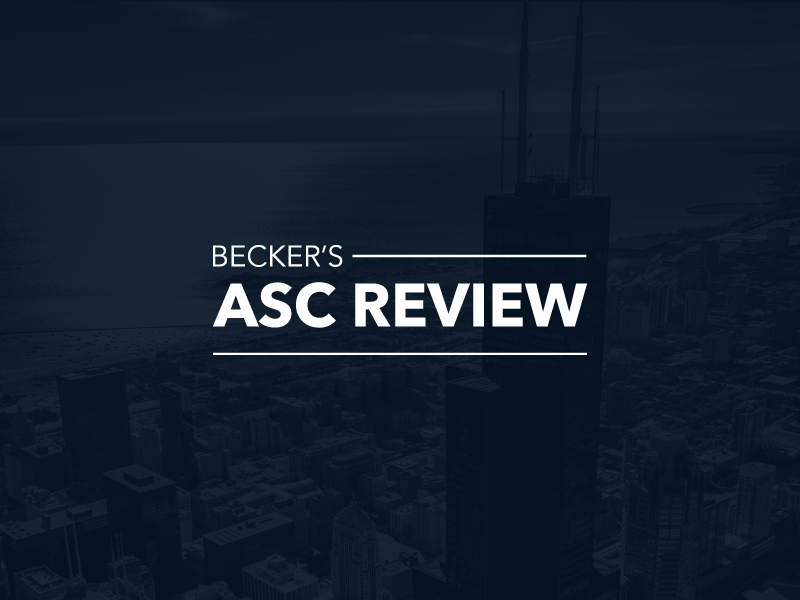I do think that an extra layer of personnel, whether CRNA or Resident between the attending and the drugs would help also
Maybe you have stated this already, but I would be curious to know what your experience level is. How much experience do you have in this area? Having seen it play out several times and heard hundreds more stories, I am of the opinion that, if you divert and use potent intravenous opioids, you are out after one strike. The relapse rate is high and the first sign of relapse is often being found dead in the call room (two studies reported 25% risk).
You are also proposing a lot of measures that require extra work by that person's colleagues to provide extra monitoring, short notice relief for random drug screens, etc. It is a burden on the colleagues of the person. If a person cannot resist the temptation the first time, they should know that succumbing to it is a career-ender for anesthesiology. Make no mistake, choosing to divert and use IV potent opioids is a decision that a person makes, no matter their genetic make up. That person chose to engage in criminal activity.
I am happy to assist anyone who is addicted and wishes to retrain in a different specialty that does not prescribe, dispense, and administer potent opioids. We are the only specialty that does that.
The worry that the one strike rule will cause people to not self-report and seek help is a fallacy. Absolutely no one self-reports unless they know they have been found out. Occasionally, if they know the jig is up, they will try to self report to ensure a confidential process with their state medical board.
I don't mean to sound jaded, but maybe I am. Just seen this play out too many times and the patients deserve better than this. The addicted physician also deserves better. They just don't have any clue or acceptance of that fact. The addicted physician (or CRNA) will look you straight in the eye and tell you, in a very convincing manner, that you are wrong about them. And you will believe them, because you also do not want it to be true. They are also masterful at beating the system and UDS's.
If someone told you that an elective decision that you had to make had a 25% chance of resulting in the death of an individual versus a near 0% chance if you make the opposing decision, which path would you choose?
Like I said, maybe I am jaded. I have just seen it too often and I refuse to have them or their patients on my conscience when a bad outcome occurs. That does seem harsh to an outside observer, but I know I am not alone in this position.

